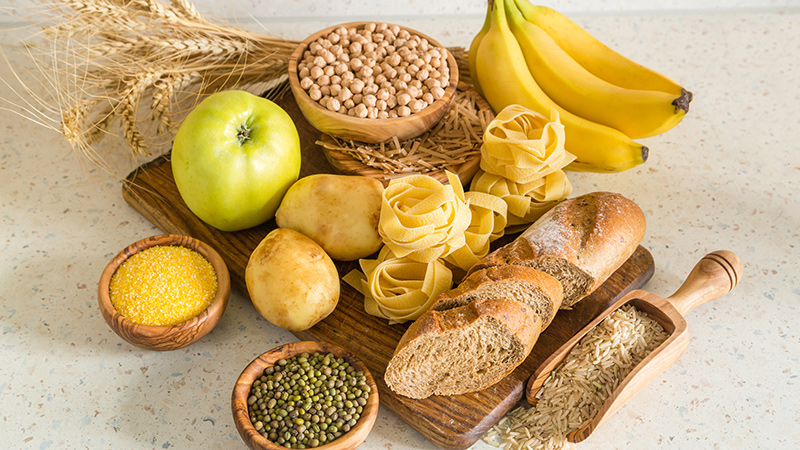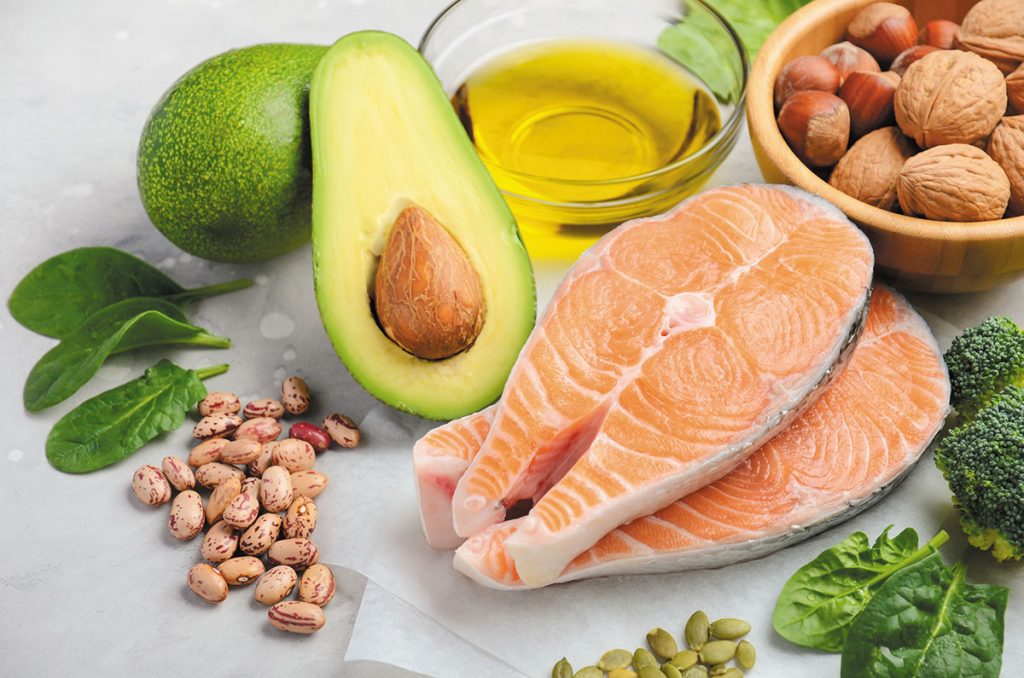Basics of Carbohydrates
When we eat carbohydrates, our body stores this as glycogen and glucose in our liver and our muscles.
However, just like a car or any mode of transport, it is important that we refuel each day because our livers can only produce 100g (400 calories) of glycogen and our muscles 400g (1600 calories).
For those athletes in shorter, sharper, more explosive and power based events such as sprinting, shot put, javelin, high jump, discus, anything up to 10km etc, your main source of fuel for performance will be muscle glycogen and hence this is why you experience a different kind of fatigue or “wall” during these events. Yes, they are over very quickly compared to longer lasting events, but the higher explosiveness and speed and power means your body needs to call on your muscle glycogen a lot quicker and more often.
Carb loading is only beneficial to longer endurance races and events that last more than 1 hour. In these longer runs our bodies burn far more and use fat as a big source of energy for fuel but our bodies still use carbs as well. And remember, unlike any other fuel source, carbs are a fuel we can only get from our diet. Carb loading before those longer events above (or maybe even a heptathlon, decathlon or other events with lots of events back to back) helps preserve our glycogen levels.
By eating more carbs in the week or two leading up to the event, we are aiming to ensure that we have extra glycogen to call upon when we start fatiguing. The aim of carb loading is to build up extra glycogen and glucose stores in our skeletal system and muscles prior to an event because remember our body can only produce a limited amount.
On the day of competition, try to ensure you eat your pre-event meal between 2-4 hours before and try to eat a meal that gives you slow release energy, such as Jacket potato and tuna, pasta,…



